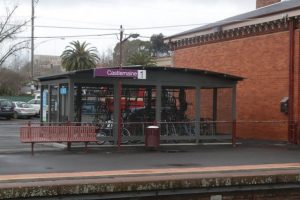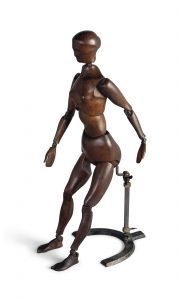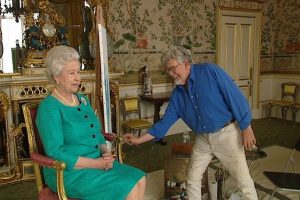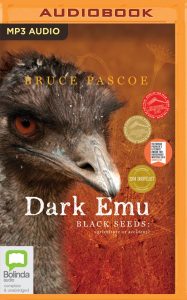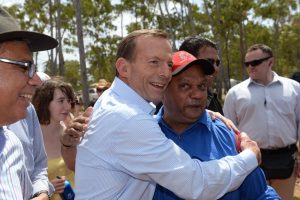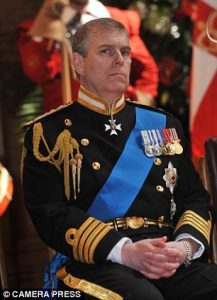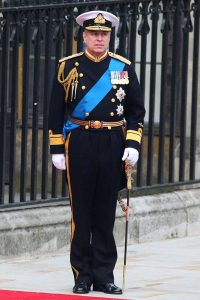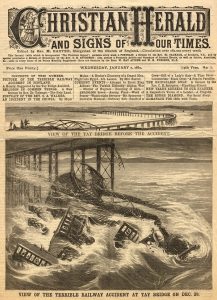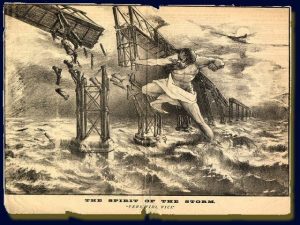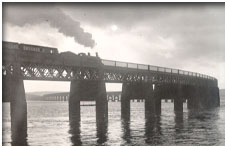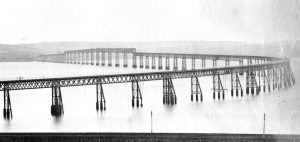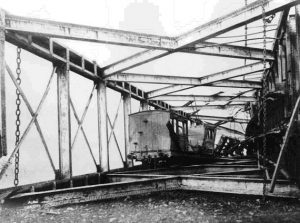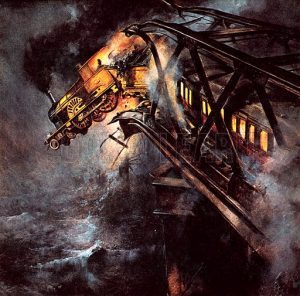Dear reader, we are deeply concerned about the trouble on the Bendigo Line. As frequent travellers on this particular route, we at PCBYCP have some pointers which may assist the coroner, in her findings.

Train operative looks at potential of rear-fitting “worlds best practice” cells to existing bicycle and baggage storage enclosures on V Line trains.
Although the findings are not yet due, we would like to offer in the spirit of public interest some suggestions which, congniscent of the Deaths in Custody Royal Commisson may assist law makers and legislators in dealing with the problem of public drunkedness. We know as a consequence of the cited Royal Commission, though no improvement in mortality has resulted, incarceration has sky-rocketed. Proof to a massive improvement in client handling. We are glad to say that handling procedures in police vans and utes have improved immeasurably. Though these improvements have not stemmed the deaths, we are mindful they point to a way forward in which police and correctional services officers can do their very best to arrest, transport and incarcerate those who are charged with the heinous crimes, of public drunkedness, jay walking, fare evasion, and failure to pay fines. Though we don’t wish to purposefully kill members of the indigenous community, we must remind them, that these arrests and incarcerations are made for their OWN GOOD!. For PUBLIC SAFETY! To keep them off the streets and ensure they get the full benefit of being an Australian citizen elevated from the status of native flora.
Firstly let’s discuss the design of trains.
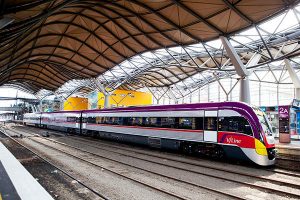
Such visible incarceration, (though temporary) would reinforce as a warning to others the dangers of being drunk, putting ones feet on the seat, or talking loudly in a quiet carriage.
Special cells could be incorporated into the existing bicycle and baggage enclosures. With just the incorporation of hollow section tubular steel, we suggest a Cobalt Blue or Burnt Umber, (reflective of native ritual) powedercoat be employed to culturally accommodate Yorta Yorta sensibilities on this line. Similarly other tribal colours could be used on other regional lines. The baggage storage benches could be upgraded to hold perhaps as many as three indigenous passengers. Such visible incarceration, (though temporary) would reinforce as a warning to others the dangers of being drunk, putting one’s feet on the seat, or talking loudly in a quiet carriage. This would reinforce patterns of acceptable public behaviour and ensure the vast majority of passenger rights are protected.
The design of cells

Such familiarity would both improve the handling prior to arrest and the despatch after incarceration of the body without undue collateral injury to the law enforcement authorities
WE would like to point out that the design of peep holes and apertures for viewing clients are inadequate. WE would suggest in reference to the Institutional Child Abuse Royal Commission that better communications could be achieved either with a “cone of silence” or an ‘echo chamber’, in which the constabulary, invested with the responsibility of monitoring the health of “clients” are able to fully evaluate the standing, sitting, kneeling, or prone posture of an individual as a precursor to DEATH. We suggest a maquette, be studied, (as artists use to study the human form) so that some specific positions may be understood to suggest imminent mortality. Such familiarity would both improve the handling prior to arrest and the despatch after incarceration of the body without undue collateral injury to the law enforcement authorities in moving the corpse post-incarceration. Such knowledge would immeasurably improve, processing, health and safety offsets.
Also we would reccommend, (we hope you are conversant wth the 1890 lunatic act) that cells be padded. Not with pigskin, and padded sawdust or horsehair in burlap sacking as in days of yore, but perhaps some of the newer products employed in detention centres and re- education facilities in Uighurstan, Villawood and Manaus. Kapok infill rubberised matting or air-filled polypropylene, is much more suitably advantageous for those about to hit their head, strike themselves, or render themselves unconscious. Cells could also be fitted, with rubberised ceilings, (a suggestion that had been thoughtfully provided by the Queensland constabularly) to protects inmates who throw themselves in an upwards trajectory. We would also suggest, (as per the Day inquest) to address the inherent danger in employing stainless steel toilets in the cell. One could inadvertently knock one’s head, and cause concussion, or in some cases fatal haemorrhaging.
We suggest in the interest of client and public safety that there be no toilet facilities, just washable and hoseable rubber-rock, as used in playgrounds.
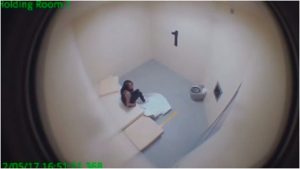
We suggest in the interest of client and public safety that there be no toilet facilities, just wash-able and hose-able rubber-rock, as used in playgrounds.
WE hope these reccomendations will be received in good faith, and urge the criminal justice system to adopt them as “Paths to Progress” in the near future.

